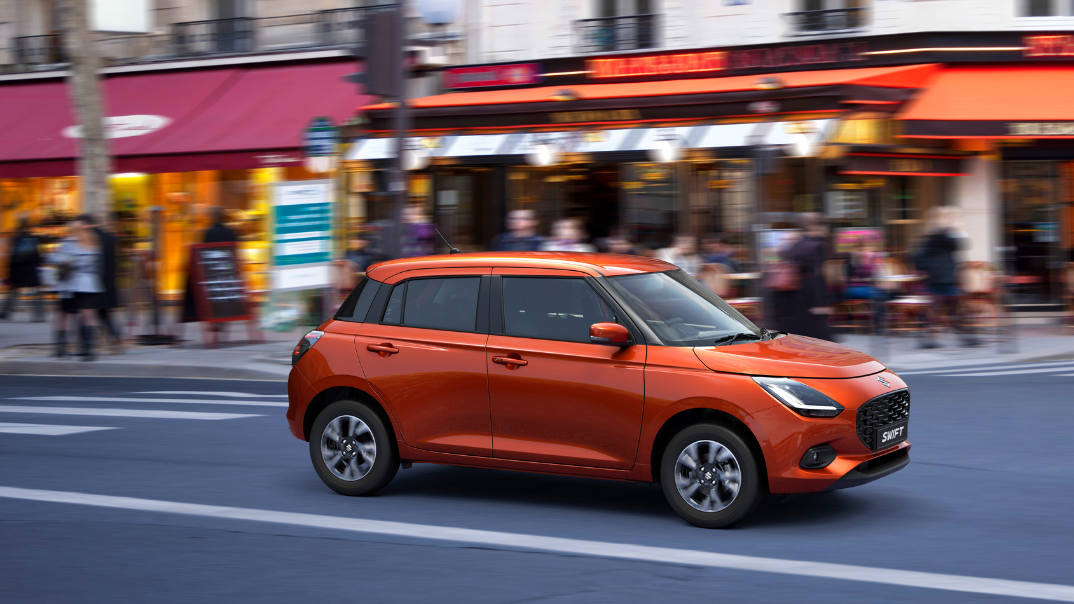.png?width=1074&height=604&name=Untitled%20design%20(75).png)
It’s that time of year again. . . time to get your tax affairs in order. Keeping an accurate log of all your business mileage will help your SARS e-filing go smoothly, and potentially result in a decent tax refund.
A travel logbook is basically a record of your mileage within a particular tax cycle. Your logbook provides SARS with information about the vehicle you’re being taxed on. If you purchase a new car during a tax cycle, then you’d also need to record the date of the change of vehicle, as well as the details of the new car. This way your old car wouldn’t be taken into account from that date onwards.
Who needs to keep a travel logbook?
Anyone who uses their personal vehicle for business, which includes:
- travelling to clients for business
- travelling to and from sales meetings
- running errands for your employer.
|
Note: This doesn’t apply to the distance traveled between your home and your office every day. Getting to and from your office is still considered personal travel. |
You don’t need to physically submit your logbook with your ITR12 return, however, you do need to retain the logbook with any other relevant material (like invoices for repairs, petrol slips and so on) for a five year period, in case SARS (the South African Revenue Service) has any queries.
Why do you need a travel logbook?
The short answer: you could get a decent a tax refund.
The Income Tax Act 58 of 1962 allows taxpayers in South Africa (who receive a travel allowance) to claim a tax deduction for any business mileage travelled, using their personal car or company car (i.e. not an employer’s fleet vehicle). A travel allowance is any amount paid to you to cover business travel expenses. This amount can be either:
- a fixed travel allowance or,
- a reimburse your travel allowance (which you claim back from your employer at the end of each month).
However, there are other benefits to keeping an accurate record of your business and personal mileage. According to EQSTRA Fleet Management, getting employees to keep a logbook has three main benefits for a business. If you’re job requires you to do a lot of travelling (e.g. as a sales representative), or you’re self employed, these benefits may apply to you.
- It provides valuable data, allowing managers to track the movements of their staff. This is also helpful to the employee, as they’re able to prove their business travel claims.
- It can be used as a cost savings tool. Keeping an accurate logbook can draw a very clear line between business and private mileage.
- Both businesses and individuals can claim back tax. By keeping accurate travel records, it’ll be very easy to submit your travel claims to SARS. This will help recuperate some of your costs, and could even lead to a substantial tax refund.
How to use your travel logbook
If you’re going to claim for your travel deduction, you’ll need to record your car’s mileage on the 1st of March every year (this is the first day of the new tax year) and again on the last day of February (either the 28th or 29th) the following year. The difference between your two odometer readings will give you the total number of kilometres travelled for the entire year.
If you’re going to claim for your travel deduction, you’ll need to record your car’s mileage on the 1st March every year (this is the first day of the new tax year) and again on the last day of February (either the 28th or 29th) the following year. The difference between your two odometer readings will give you the total number of kilometres travelled for the entire year.
The cover of your logbook must include:
- Your full name
- Your personal tax number
- The tax year that your logbook is recording
- The distance between your home and office
- An odometer reading for the entire tax year (1st March to either the 28th or 29th February). If you’ve changed cars during the course of the year, you need to record this change, and include the odometer reading from the date that you took ownership of the new car
In your logbook, you need to record the following information:
Every time you drive anywhere, you need to record your vehicle’s opening and closing kilometers. Keep in mind, you won’t be able to claim back if you don’t record these readings accurately.
- The date
- Your opening odometer reading (before you begin your drive)
- Your closing odometer reading (upon reaching your destination)
- The total number of kilometers traveled
- The details of your journey (reason for travel)
- The current cost of petrol/diesel in South Africa
- Any maintenance or repairs that you have incurred during the course of the year
Calculate the portion of kilometers traveled for business by subtracting your opening kilometers from your closing kilometers. You’ll need to mark personal and business travel separately, but this can be done in the same logbook.
Although this may seem like a whole lot of extra admin to worry about, keeping an accurate logbook will make your life easier. You’ll have an indisputable, clear record of your travels which will assist you if you ever find yourself in a situation where your mileage and travel costs are being questioned. And the best part? You could end up with a substantial refund from SARS, putting cash back in to your pocket!
Download our blank, printable logbook and start keeping an accurate travel record today.
Maintaining your car is one thing but remembering to service your car and renew your vehicle and driver's license can be tough to remember. Don't let the cops remind you, rather let us send you email reminders.


![Are you towing illegally? [infographic]](https://blog.suzukiauto.co.za/hubfs/Suzuki%20Safari%20Day%201%20SM-59.jpg)
-Mar-04-2024-12-41-20-9029-PM.png)
